The Wildlife Trusts, the National Trust and the RSPB have all slammed the Government’s Sustainable Farming Incentive (SFI) as a “huge disappointment” and breaking the promise of a “Green Brexit”.
The SFI will pay farmers to manage their land more sustainably, but the Wildlife Trust says there is a “shocking lack of ambition” to reform the farming sector and achieve climate change and biodiversity goals. The WWF stated that the plans put the net zero by 2050 targets at risk.
The scheme is based around three standards which can be implemented on farm which aim to improve soil health and fertility, aid reaching the net zero target, and assess the condition of moorlands and plan their restoration.
The three standards and their payments according to DEFRA are outlined below.
1 Arable and Horticultural Soils
Introductory Level – £22/ha per year.Intermediate Level – £40/ha per year.For both levels farmers will need to test for soil organic matter (SOM), develop a soil plan and ensure winter cover is in place for at least 70% of the land in the standard. Both levels will also require for organic matter to be applied each year to 1/3 of the area entered into the standard. At the intermediate level, a sown green cover crop must be in place for winter months on 20% of the area in the standard.
2 Grassland Soils
Introductory Level – £28/ha per year.Intermediate Level – £58/ha per year.For both levels, SOM testing is to be carried out alongside the preparation of a soil management plan, as well as 95% green cover of the land in the standard over the winter.
The intermediate level requires that herbal leys are established and maintained on 15% of the area in the standard.
3 Moorland and Rough Grazing
Introductory Level – £148/agreement and £6.45/ha.Intermediate Level – will be introduced in future years.Currently there is no specification for the Intermediate Level but for the Introductory Level, farmers will need to determine the health and general condition of their moorland by assessing peat depth and associated vegetation.
The SFI scheme will include integrated pest management, nutrient management and hedgerows in 2023. From 2024, agroforestry, remaining levels of the moorland, low- and no-input grassland, waterbody buffering and a farmland biodiversity will be introduced.
Meanwhile, organic, on-farm woodland, orchards/specialist horticulture will be rolled out in 2025.
High feed costs cut production
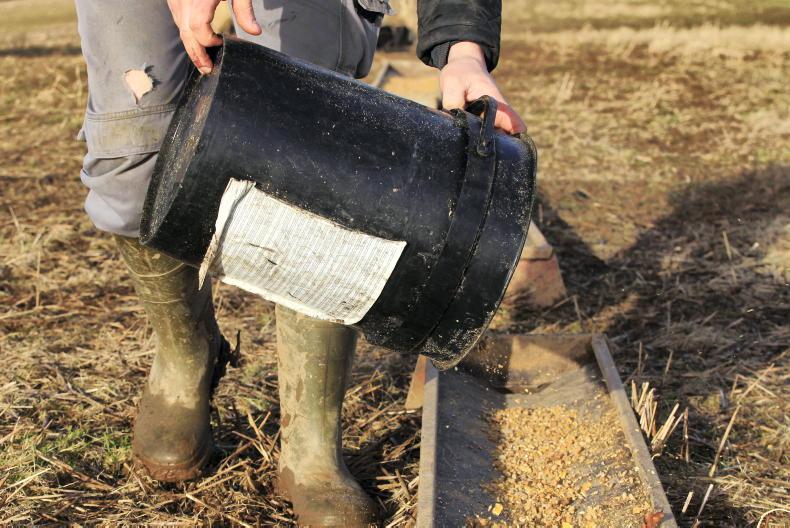
Feed production has fallen in the UK according to AHDB.
Higher feed, energy, fertiliser, and labour costs are all helping cut demand for animal feed in the UK.
Poultry, cattle and sheep feed production all fell in October, while the pig sector rose according to AHDB figures.
However, the pig feed demand is being kept high due to thousands of additional pigs on farm as a result of the slaughter backlog in abattoirs.
Compound feed production for the poultry sector fell 4% from October 2020. Cattle and calf feed production was down 4% year on year in September and down 6% in October.
Finishing feed for pigs is up 9% in production from July to October due to the backlog of pigs on farm. But as the backlog is tackled, the total pig numbers on farm are predicted to fall due to low margins, which will see feed production fall.
Sheep feed production was down 1% year-on-year in October but remains up 6% from July to October.
First Milk and Müller increase milk price
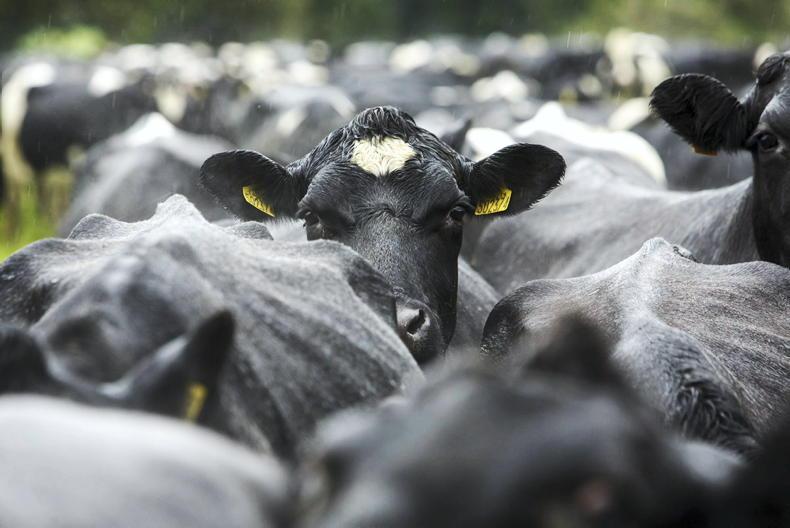
Both Muller and First Milk are increasing their milk price in January.
Both First Milk and Muller increased their milk price from 1 January, by 2p/l and 1p/l respectively.
This brings First Milk’s standard litre price to 34p/l including its member premium and all other standard litre bonuses and charges. Meanwhile, Muller is giving its 1p/l rise to suppliers of its advantage scheme, which is at a price of 33p/l.
Lidl suppliers through Muller are also getting a temporary price rise of 4p/l to 33p/l. These farmers have opted for a three-year fixed price contract for up to 50% of their milk supply. The contract was launched in May between Lidl and Muller with an initial price of 29p/l for the dedicated litres.
Only 26 redmeat abattoirs in Scotland
The Rare Breeds Survival Trust (RBST) has criticised the Scottish Government for not doing enough to provide a local network of abattoirs. The RBST wrote to Cabinet Secretary for Rural Affairs Mairi Gougeon stating that both the Agricultural Transition in Scotland and the Local Food for Everyone consultations consider the decline of the country’s local abattoir network.
The most recent figures from Quality Meat Scotland show that Scotland only has 26 red meat abattoirs left. A survey of RBST members showed that 42% of respondents warned that ‘lack of a suitable abattoir’ was one the biggest barriers to developing their business.
QMS appoint SAOS to conduct QA inspections

From April, SAOS will run the QMS assurance schemes.
Quality Meat Scotland (QMS) has appointed the Scottish Agricultural Organisation Society (SAOS) as the certification body for its assurance schemes. From 1 April , SAOS will take over from Acoura for the assurance schemes covering the cattle and sheep, pigs, livestock haulage, auction markets and collection centres, processors and feeds. “
Government launches new environmental network
A new network for farmers to share climate change mitigation actions has been created by the Scottish Government.
The Agriculture, Biodiversity and Climate Change Network (ABCCN) is an online resource hosted on Farming for a Better Climate website where farmers will be able to share videos and photos to detail the measures they have undertaken.
Partner organisations involved are National Farmers’ Union of Scotland (NFUS), SAC Consulting, Soil Association Scotland and Quality Meat Scotland.
Capital gains tax changes
The UK Government has accepted some recommendations for changes to capital gains tax (CGT) but has said no to any movement on inheritance tax (IHT).
The changes arise from recommendations on tax reform from the office of tax simplification. The five accepted changes to CGT are
Reporting and payment of CGT to be incorporated into the single customer account.Extending the reporting and payment deadline for the UK property return from 30 days to 60 days (already announced in the Chancellor’s autumn budget).Extending the ‘no gain – no loss’ window for asset transfers resulting from separation and divorce, with a consultation on proposals to take place next year.Expanding rollover relief to cover re-investment in the form of enhancing land already owned (again there will be a consultation on the detail).Improvement of HMRC guidance on the UK property return; business asset disposal relief (BADR) for farmers or others looking to retire; land assembly arrangements; and a number of other areas.Jenny Healy Partner, at Saffery Champness accountants and a member of the firm’s landed estates and rural business group, said: “These measures seem proportionate. The Treasury could have opted for major change across the board. Instead, we have some minor adjustments which, in theory, should make reporting and payment of CGT easier. Some will say that these are opportunities missed and the Treasury has not acted on the recommendations as it could have done, but, for many, this will be a relief.”
The Wildlife Trusts, the National Trust and the RSPB have all slammed the Government’s Sustainable Farming Incentive (SFI) as a “huge disappointment” and breaking the promise of a “Green Brexit”.
The SFI will pay farmers to manage their land more sustainably, but the Wildlife Trust says there is a “shocking lack of ambition” to reform the farming sector and achieve climate change and biodiversity goals. The WWF stated that the plans put the net zero by 2050 targets at risk.
The scheme is based around three standards which can be implemented on farm which aim to improve soil health and fertility, aid reaching the net zero target, and assess the condition of moorlands and plan their restoration.
The three standards and their payments according to DEFRA are outlined below.
1 Arable and Horticultural Soils
Introductory Level – £22/ha per year.Intermediate Level – £40/ha per year.For both levels farmers will need to test for soil organic matter (SOM), develop a soil plan and ensure winter cover is in place for at least 70% of the land in the standard. Both levels will also require for organic matter to be applied each year to 1/3 of the area entered into the standard. At the intermediate level, a sown green cover crop must be in place for winter months on 20% of the area in the standard.
2 Grassland Soils
Introductory Level – £28/ha per year.Intermediate Level – £58/ha per year.For both levels, SOM testing is to be carried out alongside the preparation of a soil management plan, as well as 95% green cover of the land in the standard over the winter.
The intermediate level requires that herbal leys are established and maintained on 15% of the area in the standard.
3 Moorland and Rough Grazing
Introductory Level – £148/agreement and £6.45/ha.Intermediate Level – will be introduced in future years.Currently there is no specification for the Intermediate Level but for the Introductory Level, farmers will need to determine the health and general condition of their moorland by assessing peat depth and associated vegetation.
The SFI scheme will include integrated pest management, nutrient management and hedgerows in 2023. From 2024, agroforestry, remaining levels of the moorland, low- and no-input grassland, waterbody buffering and a farmland biodiversity will be introduced.
Meanwhile, organic, on-farm woodland, orchards/specialist horticulture will be rolled out in 2025.
High feed costs cut production

Feed production has fallen in the UK according to AHDB.
Higher feed, energy, fertiliser, and labour costs are all helping cut demand for animal feed in the UK.
Poultry, cattle and sheep feed production all fell in October, while the pig sector rose according to AHDB figures.
However, the pig feed demand is being kept high due to thousands of additional pigs on farm as a result of the slaughter backlog in abattoirs.
Compound feed production for the poultry sector fell 4% from October 2020. Cattle and calf feed production was down 4% year on year in September and down 6% in October.
Finishing feed for pigs is up 9% in production from July to October due to the backlog of pigs on farm. But as the backlog is tackled, the total pig numbers on farm are predicted to fall due to low margins, which will see feed production fall.
Sheep feed production was down 1% year-on-year in October but remains up 6% from July to October.
First Milk and Müller increase milk price

Both Muller and First Milk are increasing their milk price in January.
Both First Milk and Muller increased their milk price from 1 January, by 2p/l and 1p/l respectively.
This brings First Milk’s standard litre price to 34p/l including its member premium and all other standard litre bonuses and charges. Meanwhile, Muller is giving its 1p/l rise to suppliers of its advantage scheme, which is at a price of 33p/l.
Lidl suppliers through Muller are also getting a temporary price rise of 4p/l to 33p/l. These farmers have opted for a three-year fixed price contract for up to 50% of their milk supply. The contract was launched in May between Lidl and Muller with an initial price of 29p/l for the dedicated litres.
Only 26 redmeat abattoirs in Scotland
The Rare Breeds Survival Trust (RBST) has criticised the Scottish Government for not doing enough to provide a local network of abattoirs. The RBST wrote to Cabinet Secretary for Rural Affairs Mairi Gougeon stating that both the Agricultural Transition in Scotland and the Local Food for Everyone consultations consider the decline of the country’s local abattoir network.
The most recent figures from Quality Meat Scotland show that Scotland only has 26 red meat abattoirs left. A survey of RBST members showed that 42% of respondents warned that ‘lack of a suitable abattoir’ was one the biggest barriers to developing their business.
QMS appoint SAOS to conduct QA inspections

From April, SAOS will run the QMS assurance schemes.
Quality Meat Scotland (QMS) has appointed the Scottish Agricultural Organisation Society (SAOS) as the certification body for its assurance schemes. From 1 April , SAOS will take over from Acoura for the assurance schemes covering the cattle and sheep, pigs, livestock haulage, auction markets and collection centres, processors and feeds. “
Government launches new environmental network
A new network for farmers to share climate change mitigation actions has been created by the Scottish Government.
The Agriculture, Biodiversity and Climate Change Network (ABCCN) is an online resource hosted on Farming for a Better Climate website where farmers will be able to share videos and photos to detail the measures they have undertaken.
Partner organisations involved are National Farmers’ Union of Scotland (NFUS), SAC Consulting, Soil Association Scotland and Quality Meat Scotland.
Capital gains tax changes
The UK Government has accepted some recommendations for changes to capital gains tax (CGT) but has said no to any movement on inheritance tax (IHT).
The changes arise from recommendations on tax reform from the office of tax simplification. The five accepted changes to CGT are
Reporting and payment of CGT to be incorporated into the single customer account.Extending the reporting and payment deadline for the UK property return from 30 days to 60 days (already announced in the Chancellor’s autumn budget).Extending the ‘no gain – no loss’ window for asset transfers resulting from separation and divorce, with a consultation on proposals to take place next year.Expanding rollover relief to cover re-investment in the form of enhancing land already owned (again there will be a consultation on the detail).Improvement of HMRC guidance on the UK property return; business asset disposal relief (BADR) for farmers or others looking to retire; land assembly arrangements; and a number of other areas.Jenny Healy Partner, at Saffery Champness accountants and a member of the firm’s landed estates and rural business group, said: “These measures seem proportionate. The Treasury could have opted for major change across the board. Instead, we have some minor adjustments which, in theory, should make reporting and payment of CGT easier. Some will say that these are opportunities missed and the Treasury has not acted on the recommendations as it could have done, but, for many, this will be a relief.”






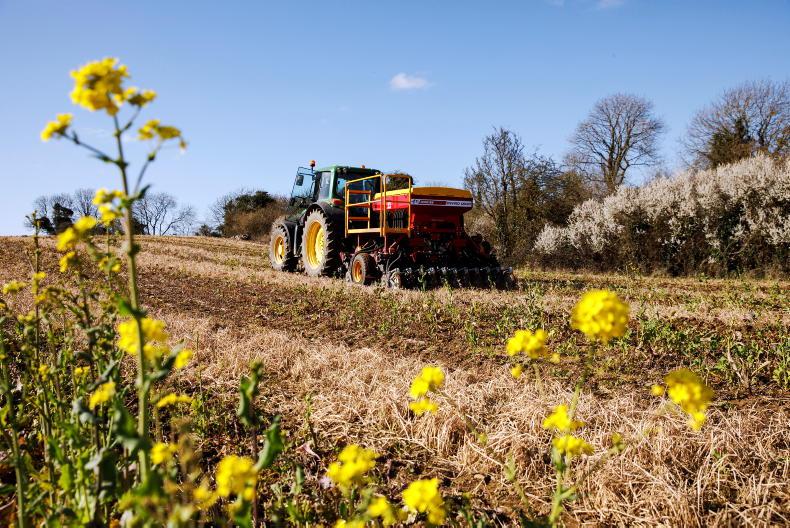

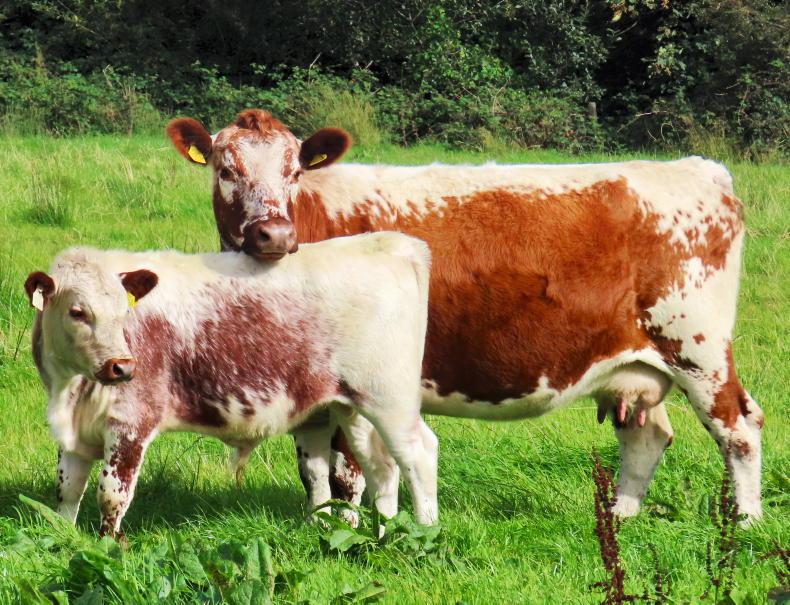

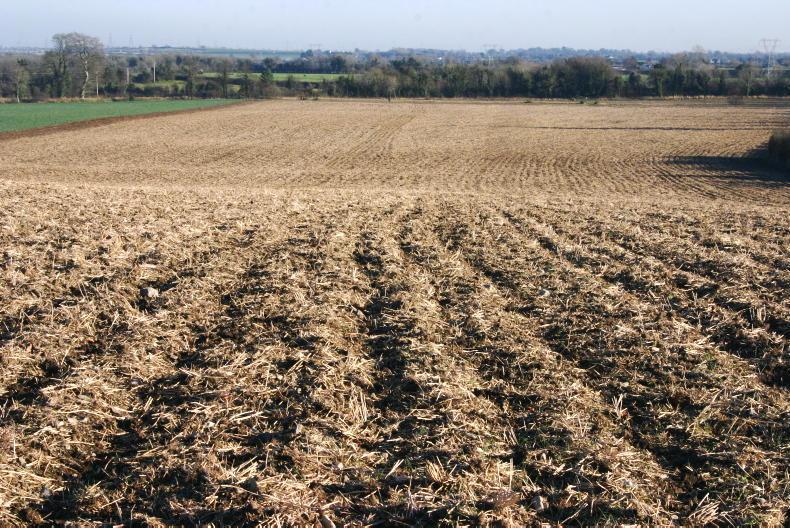
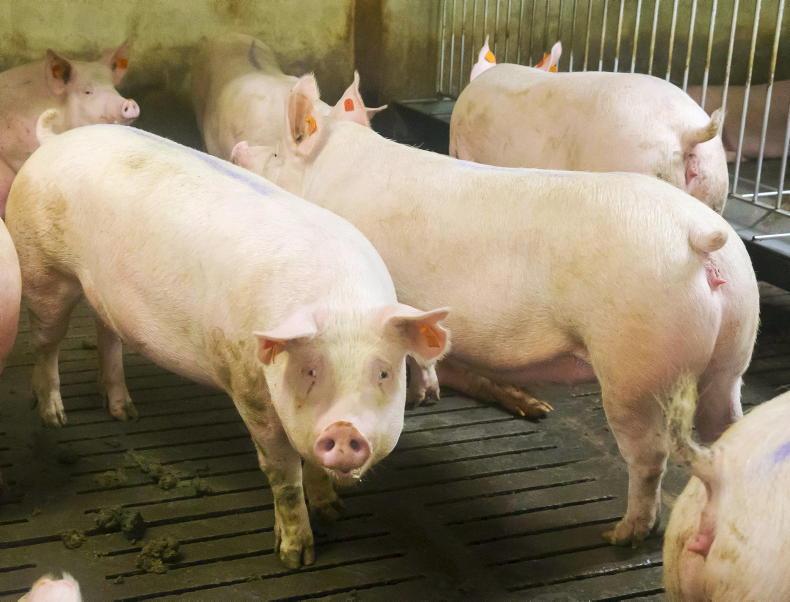
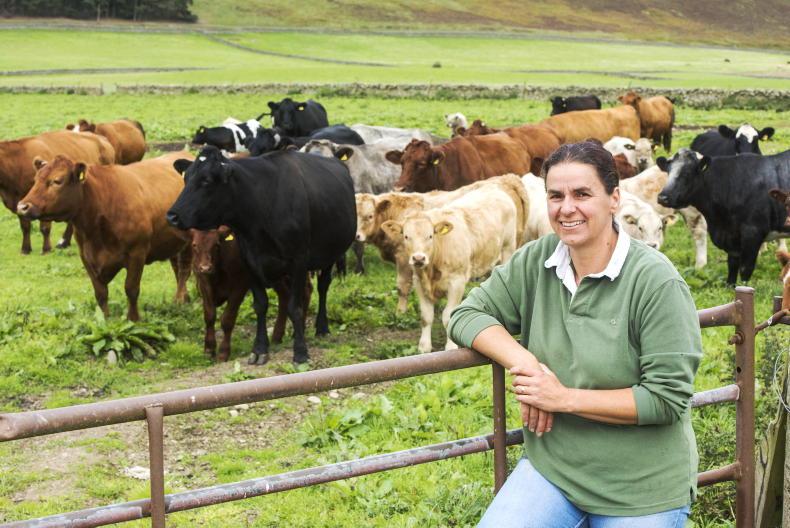
SHARING OPTIONS